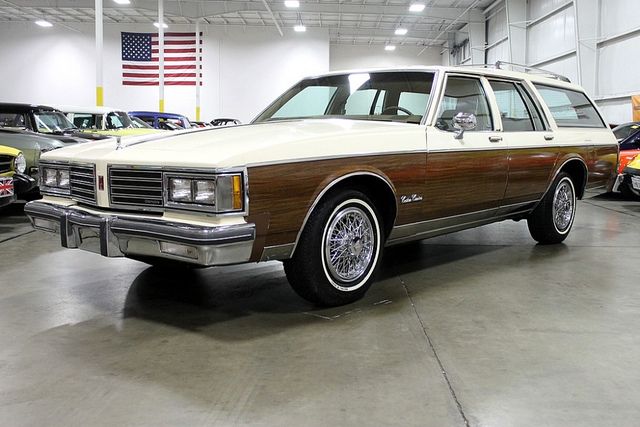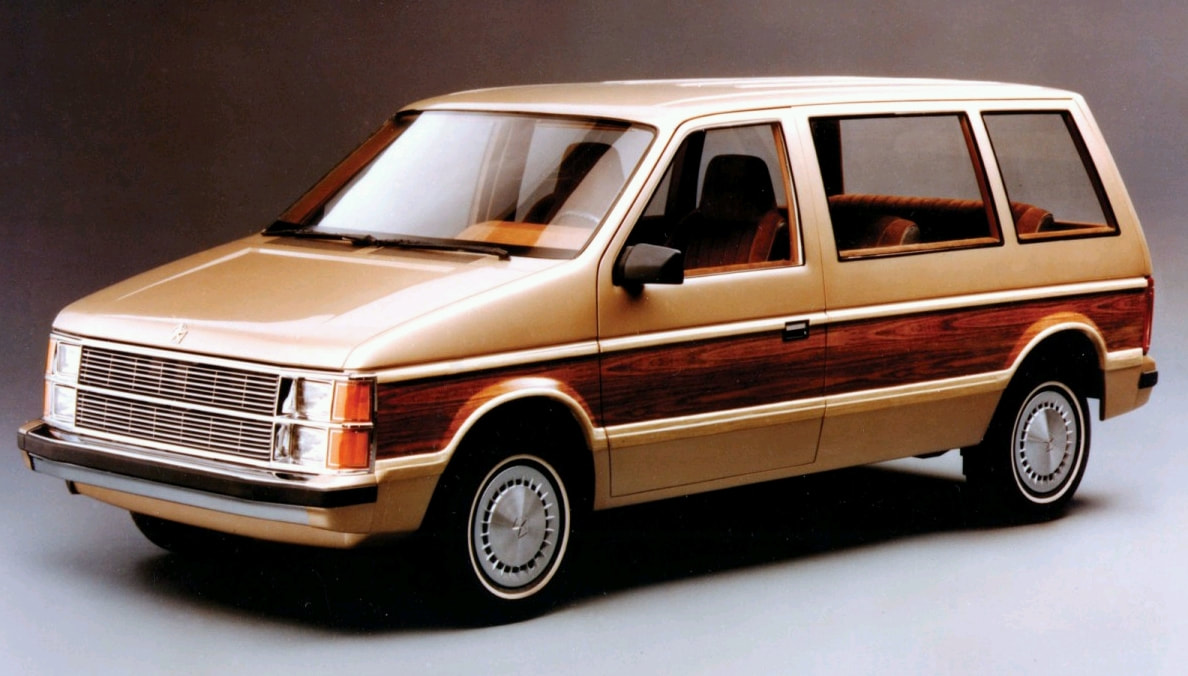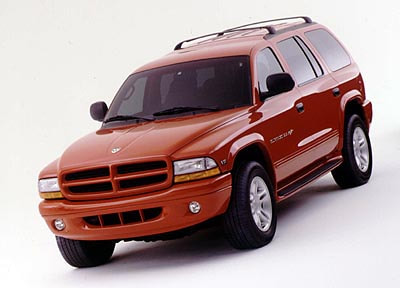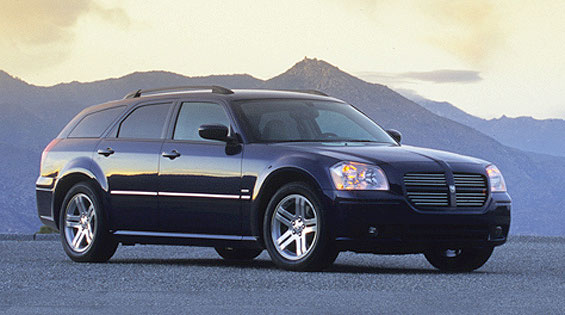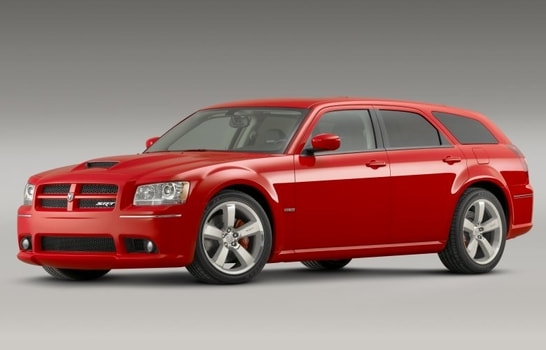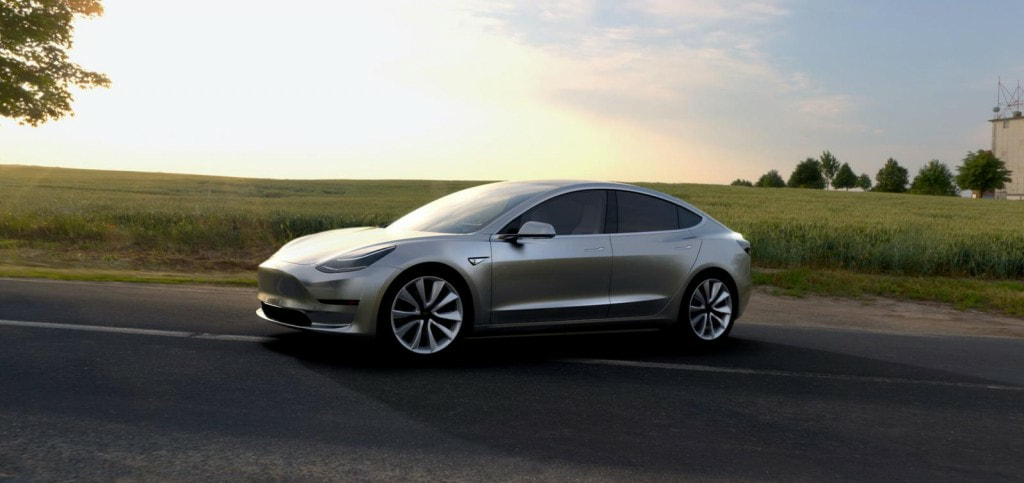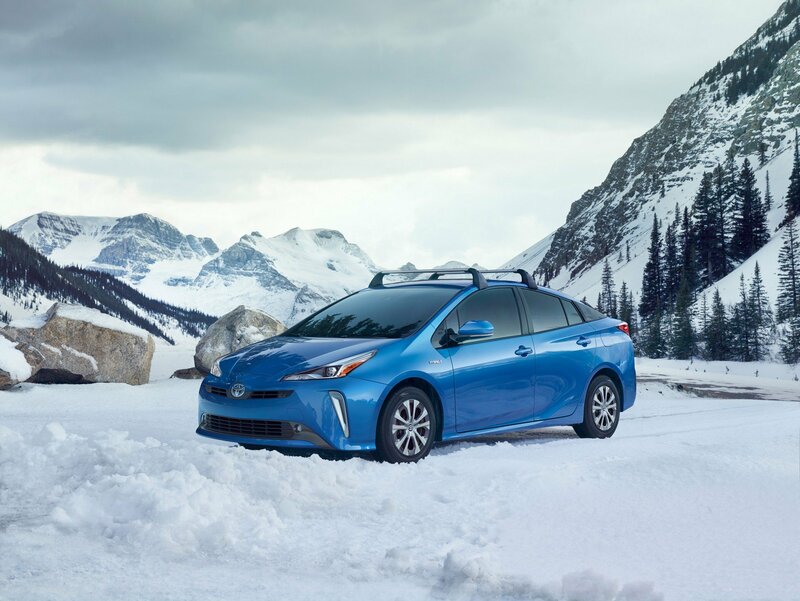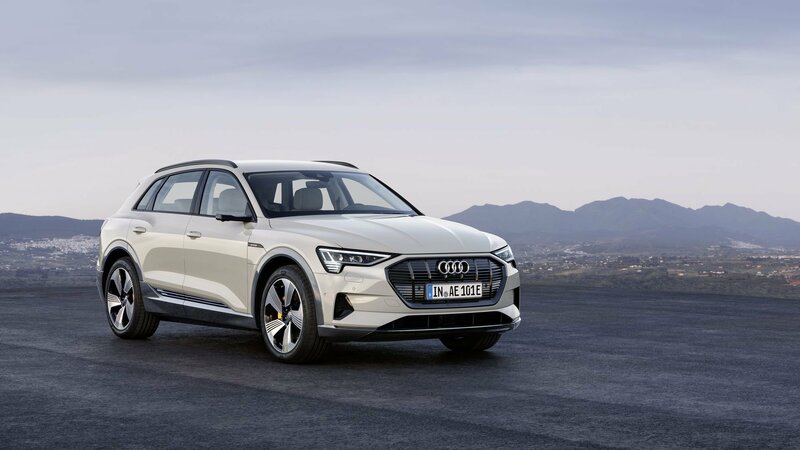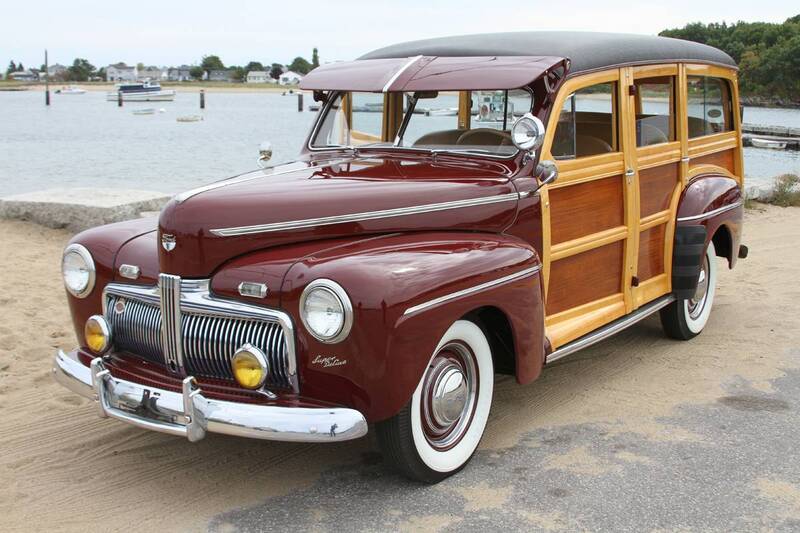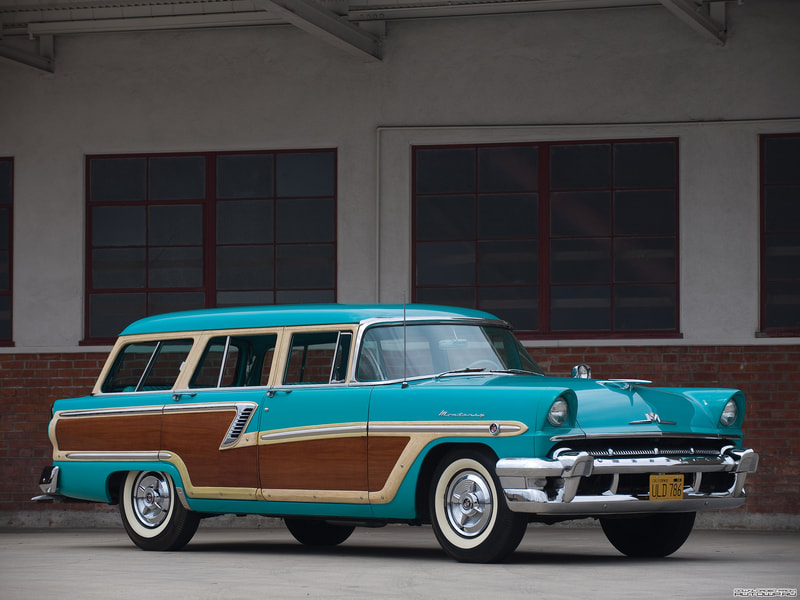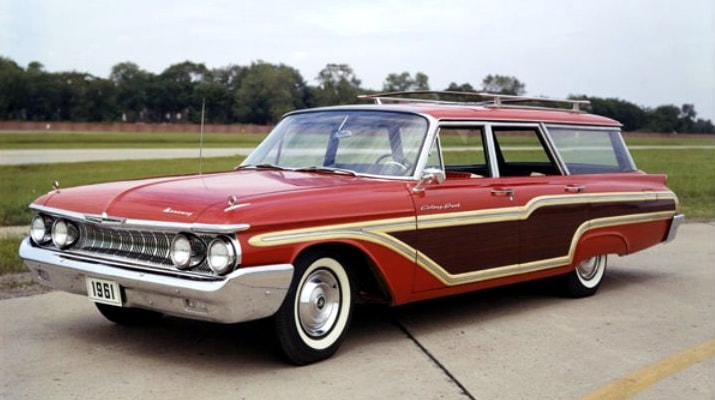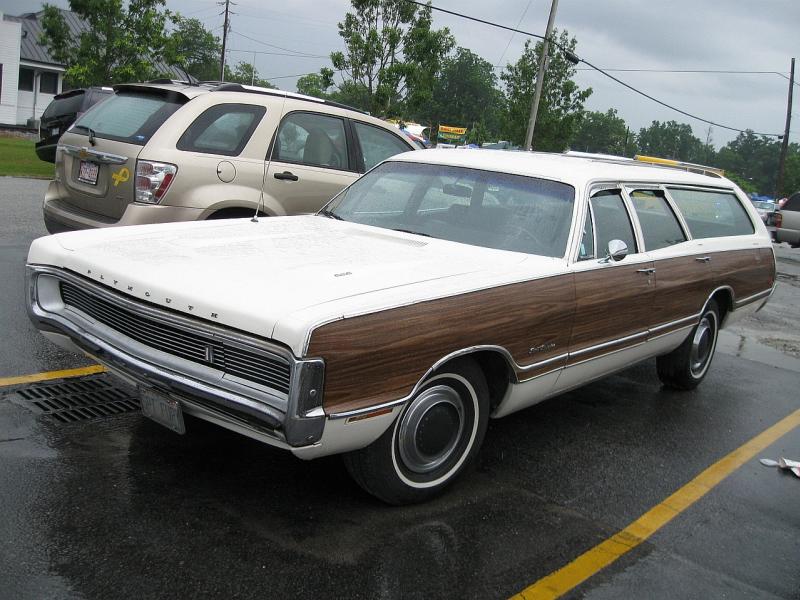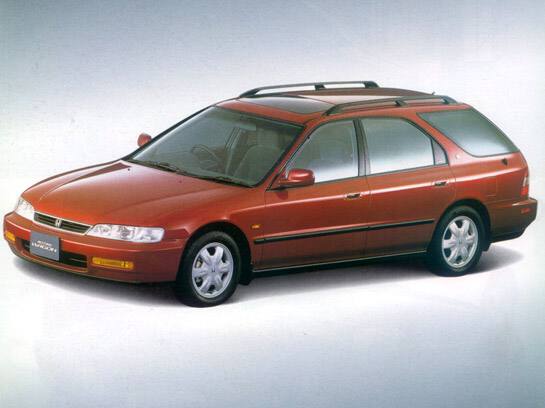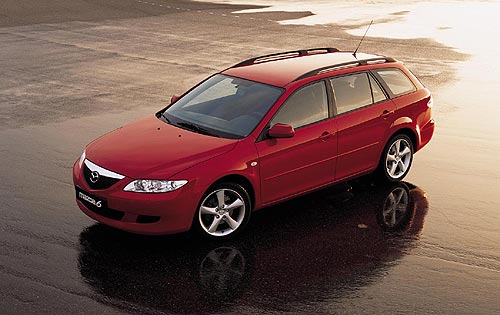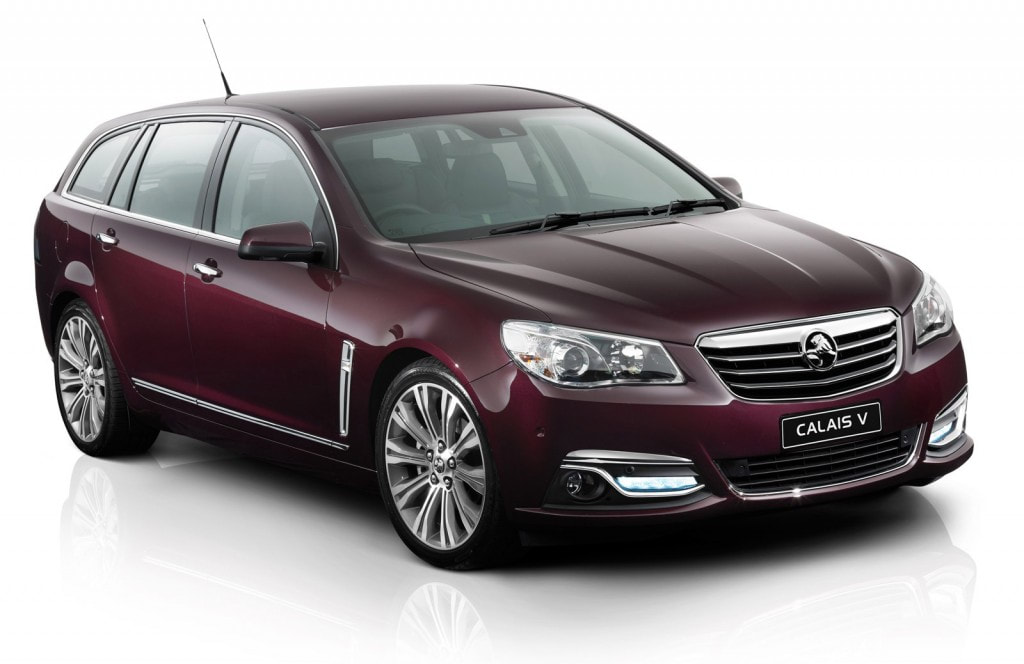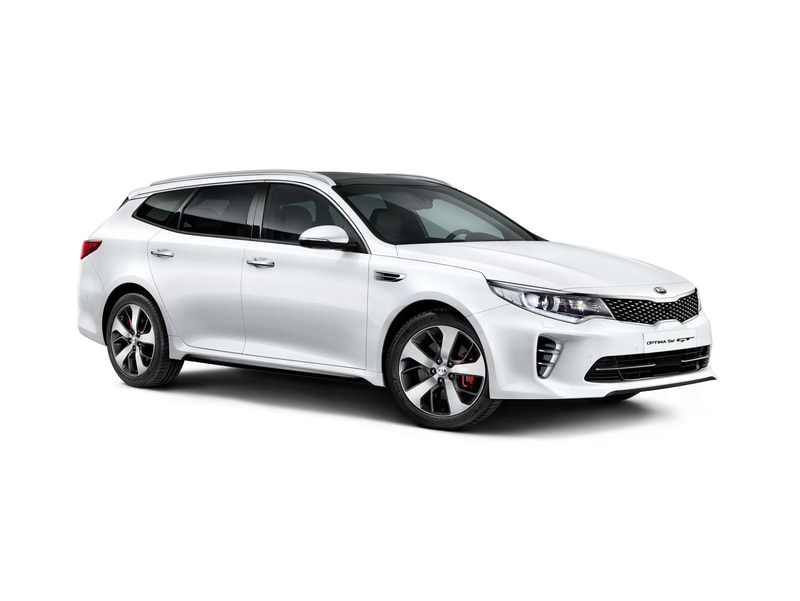THE DEATH NAIL FOR THE WAGON HAS FINALLY ARRIVED With a fall from favour during the rise of the minivan era, the traditional family hauler has held its own in the automotive marketplace. But now with the death toll from sedans rising, the wagon too should meet the grim reaper of the automotive world. Let’s just hope that it’s not forever though. Now I may not seem like the greatest supporter of wagons as I do own a CX-9, but this is only due to the fact that didn’t want a minivan. When it comes to my own fun car, I chose a rather wagon-esque Rio RX-V. Sure it may not have the power to throw around, but if it came to a choice between a wagon and sedan, I would still rather take the wagon. But why did people move away from these once great people movers. This might be the question you really have to ask yourself. And that can all be summed up, in a one word answer. Accessibility. Yes accessibility is what really killed the wagon. Sure the 80’s were made of wagons built off of full size sedans, but when the minivan showed up and brought along its more accessible sliding doors and larger hatch, the wagon seemed like a dinosaur of the time. These larger and more accessible access doors made it easier for consumers to load both their families and luggage into. And it also helped get you back on the road a lot faster as well. This made it seem like the minivan was better than the station wagon. But really was it. Loading luggage into either vehicle came both with their ups and downs. But trying to load some lumber into the minivan would become a chore rather than ease it was to load your building materials into the wagon. A lower deck and drop down seats made the wagon a lot easier to load, but time would soon change that as well. And consumers were more concerned with the ease of ingress and egress from their vehicles and that is where the van was winning. Over the next decade the wagon began its long journey towards the scrapyard as the average size of the sedan decreased with each passing year. It wasn’t until 2004 when Dodge reintroduced the Magnum nameplate and brought with it a full size, fully accessible wagon model. Back in 2004 this was unheard of, even in the SUV world, as most of the time were only mid-size models. But Dodge didn’t care as they wanted to bring back the good old days of wagon rides. Of course this would be a short lived love affair as the SUV craze was in full swing. And being that SUV’s were able to do almost what a truck could do, the final nail for wagons was about to be hammered in. As the markets fell and we came close to a gas crisis again, the need for more fuel efficient models was in full force. And with that companies began work on more fuel efficient engines. This development helped bring down the average fuel economy for companies and gave birth to the modern fuel efficient CUV’s that we have today. After dropping the heavy framed SUV’s from their lineups and moving over to more fuel efficient sedan platforms, companies were finally able to meet the new CAFE regulations. But with that introduction came the final nail in the wagon coffin as both consumers and corporations, were starting to move away from sedans and into their fuel efficient CUV counterparts. Sure the CUV’s of today are more fuel efficient than the SUV’s of the early 2000’s, but they are still not any better than a true wagon. With the rise of the CUV’s came the fall of the sedan marketplace and with it came the end of the wagon market once and for all. But is it a good thing to kill off this market completely, as todays sedans and wagons are still more fuel efficient than their CUV counterparts. This you would think would be enough to save both markets, but in today’s marketplace that is not the case. As consumer demand is still stronger for CUV’s and Crossovers, than it is for sedans and wagons. Even though you are still safer in a lower riding sedan/wagon than a high riding AWD CUV. This is due to its center of gravity and how the airflow under the vehicle works and the reason why Rally cars are made from hatchbacks and not CUV’s. More airflow underneath will add lift to your vehicle, whereas Rally cars are lower to the ground to decrease their lift. So really in the end a sedan or wagon is safer, but really do people truly care about that. No not really. The final nail came with the introduction of the Prius and Tesla. This new EV-Hybrid market will finally kill off the sedan/wagon market as now it won’t matter on the weight or size of the engine as to the fuel millage. It will only matter what the consumer wants and it seems that everyone thinks an AWD CUV is still the safer alternative to the standard low riding sedan. Too bad people don’t understand this, because if they did, there would be far less CUV’s and far more wagons. To all my wagon friends out there I hope that this isn’t the end and that we can make the wagon last forever. But until people realize their safety factor, then we might as well wave a farewell goodbye to a once great segment. Everett J. #autolooks, @AutoLooks, AutoLooks.net
0 Comments
Leave a Reply. |
Categories
All
AuthorLooking to see where Everett J. came from or how he knows so much about the industry he loves. Then check out his page: |
FOLLOW US ON SOCIAL MEDIA:
Copyright Ecomm 2004-2023

